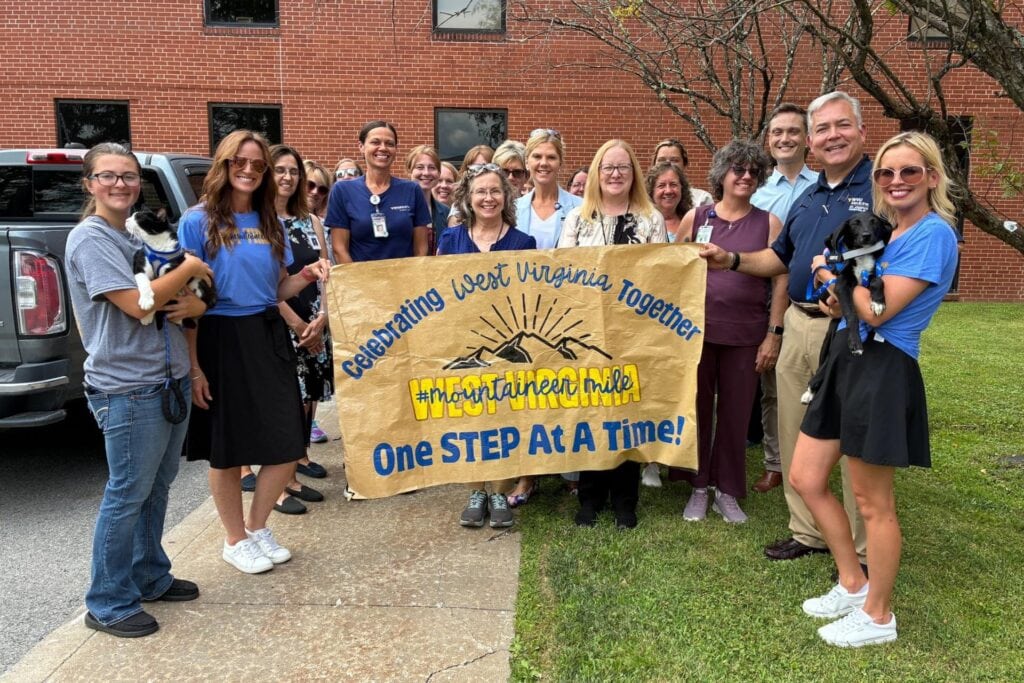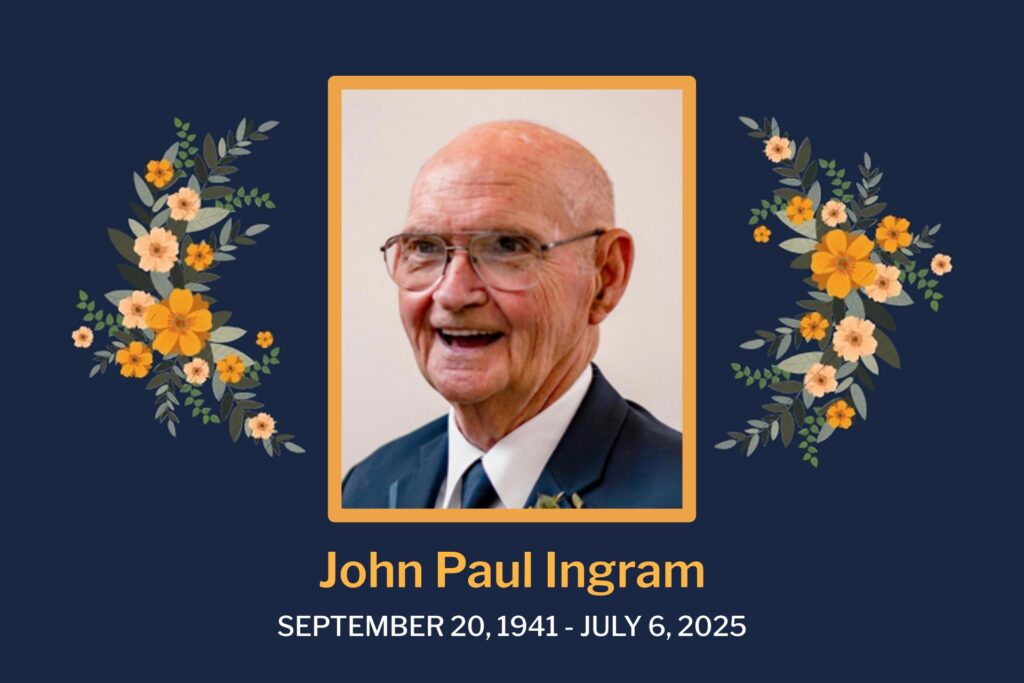West Virginia University Libraries’ West Virginia & Regional History Center has opened the congressional archives of former U.S. Congressman and West Virginia Governor Arch A. Moore Jr. and released digitized photographs that document Moore’s decade in the House of Representatives.
A native of Moundsville, Arch A. Moore Jr. served in the European theatre during World War II before enrolling at West Virginia University as a political science major in 1946. He later earned his law degree from WVU College of Law. In 1949, Moore married Shelley Riley, a fellow WVU student, and they had three children together, Arch A. (Kim) Moore III, Shelley Wellons, and Lucy St. Clair. Daughter Shelley served in the U.S. House of Representatives (2001-2014) and the U.S Senate (2015-present).
In 1952, Moore began his political career in the West Virginia House of Delegates, and in 1956 he was elected to the First District congressional seat. He went on to serve six terms in the U.S. House of Representatives (1957-1969) winning as a Republican in a predominantly Democratic state. He is the only person to serve three terms as Governor of West Virginia (1969-1977, 1985-1989).
Moore’s congressional archives include more than 200 boxes of speeches, legislative materials, campaign and Republican Party files, West Virginia public works project documentation, correspondence with constituents, and more. The archives document his service on numerous committees and subcommittees, including Judiciary and Select Small Business. Throughout his tenure, Moore supported civil rights and public works bills and was involved in several significant pieces of legislation, such as The Criminal Justice Act of 1963, The Civil Rights Acts of 1957 and 1964, and The Immigration and Nationality Act of 1965. He made numerous international trips, in particular visiting Vietnam during the war.
Center staff digitized more than 900 images from the archives and made them available online. The photographs capture Representative Moore speaking at press and campaign events, working with fellow committee members, traveling overseas, and meeting with constituents. He was photographed with Republican Party leaders, presidents and presidential candidates, military officers, and other members of Congress.
Moore’s collection is one of the largest in the Centers’ holdings. It contains documents from both his congressional and gubernatorial careers and continues to be processed. Individuals interested in using the collection should contact the Congressional and Political Papers Archivist.














